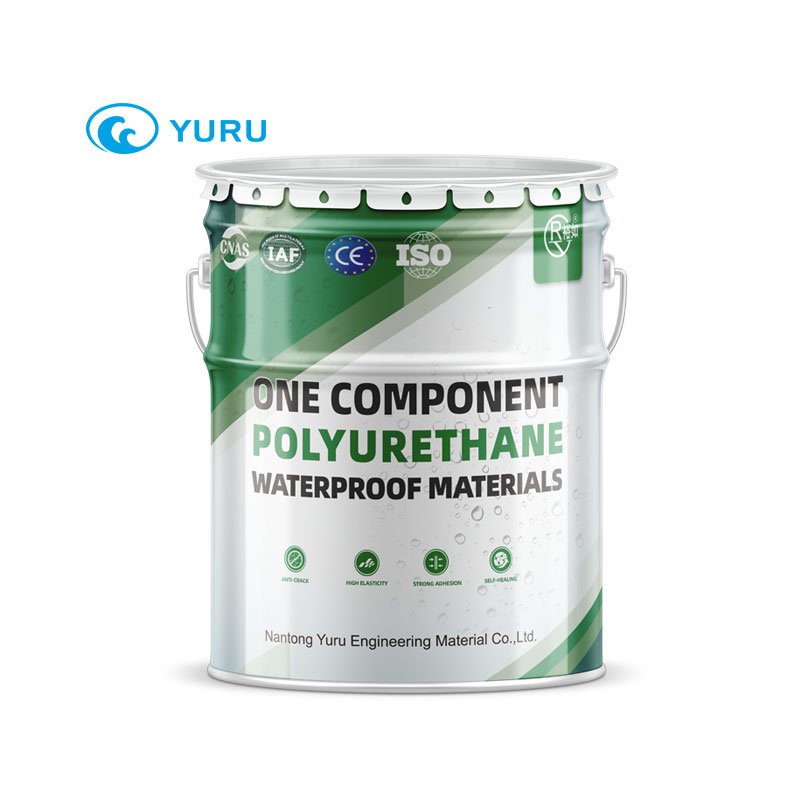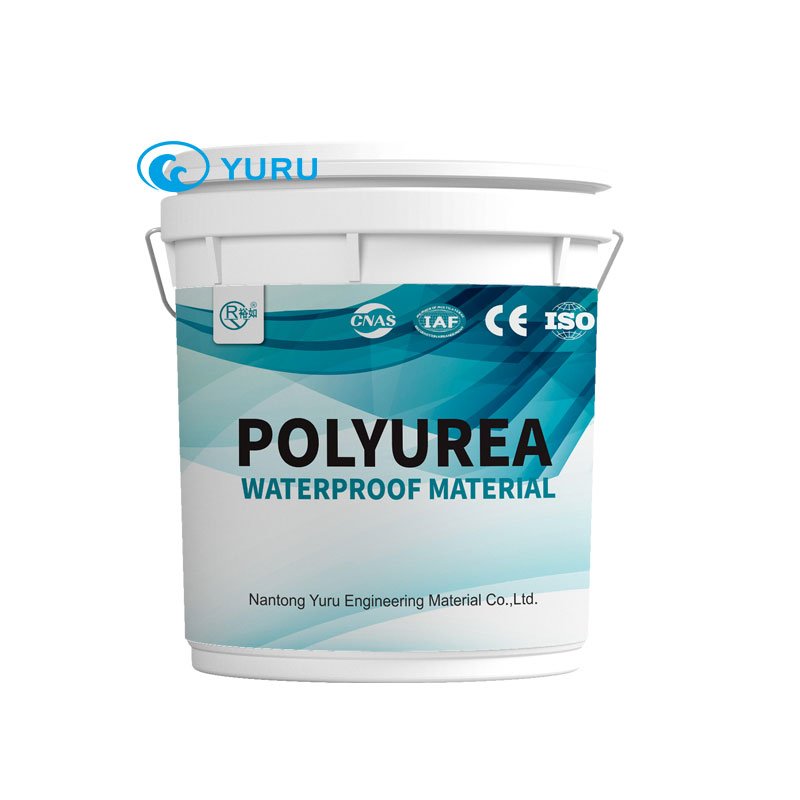Which Waterproof Coating Works Best for Roofs?
Common Roof Waterproofing Problems
Roofing structures, especially in industrial and commercial buildings, face a variety of waterproofing challenges. These include cracking from thermal expansion, water seepage from accumulated rain, UV degradation, mold growth, and joint movement. If not treated with an effective waterproof coating, these problems can compromise structural integrity, increase maintenance costs, and reduce the building’s service life.
For you, understanding the root causes of these problems is the first step to choosing the right waterproofing solution. A high-performance roof coating acts as a barrier against moisture, chemicals, UV rays, and mechanical stress — all critical in regions with extreme weather conditions.


Types of Roof Waterproof Coatings
There are several commonly used waterproof coatings on the market, each with unique features and applications. Below is a breakdown of the most popular options:
Polyurethane Waterproof Coating
Flexible and durable, polyurethane is widely used for concrete and metal roofs. It adheres well, has excellent elasticity, and resists ponding water.
Polyurea Waterproof Coating
Known for extreme toughness and rapid curing time, polyurea provides superior UV resistance and chemical resistance. It’s ideal for metal and high-traffic roofs.
Acrylic Waterproof Coating
Cost-effective and easy to apply, acrylic coatings are water-based and offer good UV protection. Best for mild climates and light-duty applications.
Liquid Rubber Waterproof Coating
Environmentally friendly and solvent-free, liquid rubber coatings offer outstanding waterproof performance with long-term flexibility.
Silicone Waterproof Coating
Silicone is especially effective for UV exposure and wet environments. It resists mold and mildew and requires minimal maintenance.
Each coating serves different purposes, and understanding their performance is essential when using products.


Best Coatings for Different Roof Types
Choosing the best waterproof coating depends largely on the roof structure and material:
Metal Roofs
Susceptible to expansion and corrosion. Polyurea or polyurethane coatings are ideal for flexibility and adhesion on metal panels.
Concrete Roofs
Prone to cracks and water absorption. Polyurethane and acrylic coatings provide flexible sealing and water resistance.
Aged Asphalt Roofs
Require enhanced adhesion and crack-bridging ability. Liquid rubber or silicone coatings are recommended due to their elasticity and coverage.
Flat Roofs
These roofs are more exposed to water pooling. Silicone coatings are suitable due to their excellent resistance to standing water.
Regional climate and roof slope should also be considered when selecting materials. For example, hot and humid regions (like the Middle East or Southeast Asia) demand coatings with high thermal and UV resistance.


Does Application Affect Waterproofing Performance?
Yes — the effectiveness of any waterproof coating highly depends on proper application. Even the best products can fail without correct preparation and technique. Key considerations include:
- Surface Preparation: Clean and dry the surface, remove dust, oils, and previous coatings.
- Primer Use: Apply primers if required for enhanced adhesion.
- Correct Thickness: Apply according to technical data sheet (TDS), often in multiple layers.
- Curing Time: Allow sufficient drying or curing as recommended.
- Weather Conditions: Avoid applying during rain or extreme humidity.
YURU Waterproof will provide technical guidance, helping avoid application errors and maximize coating lifespan.
How to Choose a Reliable Waterproof Coating Supplier?
A trusted supplier is critical for long-term project success. Here’s what to look for:
- Customization Services: Tailored formulations, packaging, and specifications
- Certifications: ISO 9001, CE, and environmental compliance
- Export Experience: Ability to support global clients
- Technical Support: Detailed application guides and training
- Fast Delivery: Efficient logistics and order tracking
At YURU Waterproof, we manufacture high-performance roof coatings under strict quality control and offer OEM/ODM customization, fast delivery, and technical assistance.






